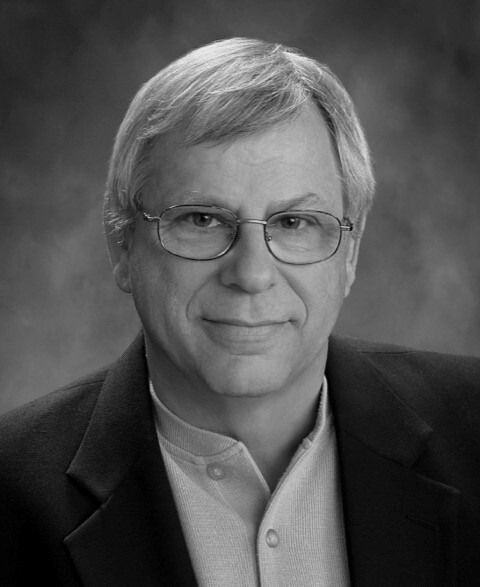M.A.H.P. Anniversary Series: Ronald Peters, M.A.H.P. ’01
Ronald Peters, M.A.H.P. ’01, is happy to see the interest in preserving the past grow.
To celebrate the M.A. in Historic Preservation Program's 25th anniversary and the success of its alumnae/i, the Welch Center will be interviewing some of the program's graduate to gain insight on what they love about the program, what they learned in the program, and how they are working to preserve places in a rapidly changing world.
 This week's feature is: Ronald Peters, M.A.H.P. ’01
This week's feature is: Ronald Peters, M.A.H.P. ’01
What excites you most about the field of historic preservation?
The unknown; every project I work on has a mystery to solve.
What is the most interesting/unusual/challenging project you’ve worked on?
I would like to think it will be my next one. They seem to get better the more I do.
What is your favorite thing about the M.A.H.P. Program at Goucher?
The people, both other students and the professors. They are all friends for life. And I wouldn’t trade my on-campus time for anything.
What is the most important thing you have learned from the M.A.H.P. Program?
Challenge and question everything, nothing is as it seems to be. History is not to be untied.
How has the field of historic preservation changed over the years?
I remember our first on campus, year 1998, and we were taken to the computer center one evening and taught how to use the new internet. Our goal was to find as many locations on the web that had “historic preservation information” and list them as our class project. I think I found around 17 sites. Google was not yet available. Try it today and see how many come up.
How has the M.A.H.P. Program grown in 25 years? What changes are you most proud to have seen?
There is more interest in historic preservation than ever. Everyone wants to get involved. I think it’s great to see the interest in preserving our past.
How are you working to preserve places in a rapidly changing world? What are the challenges in doing this work?
I serve on the Mesa Preservation Foundation for which I was a charter member. We have provided a strong connection between the historic preservation community and the local municipal government. We educate the politicians constantly about the importance of our communities’ historic fabric. We have received national attention for our work in preserving Mesa’s historic properties.
What historic places do you want to see preserved in the years to come? Why?
Post-World War II properties are coming of age and it’s going to dominate the near future. Some good, some not so good. A challenge, to say the least. Each locality has its list of important properties. Mesa is now working on preserving its downtown and its neon.
In your opinion, what is the future of the historic preservation field? Where would you like to see the program in the next 25 years?
This program is amazing and it will only get better. Year by year.